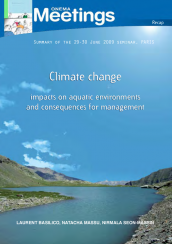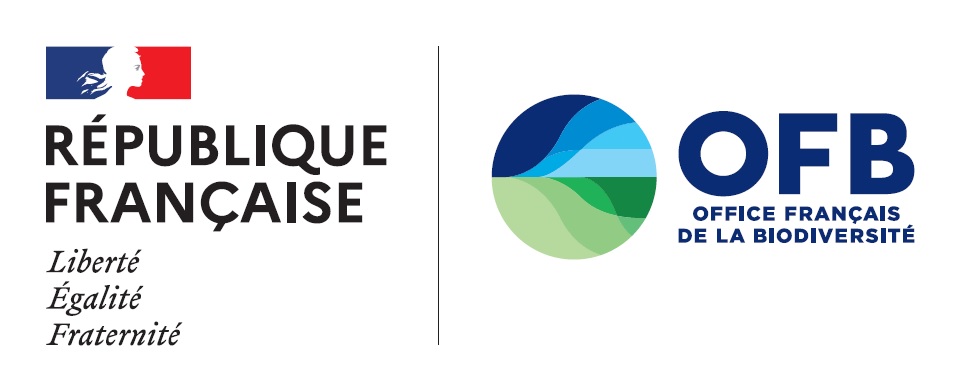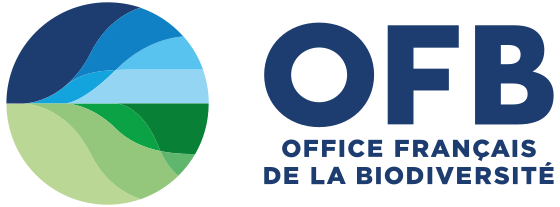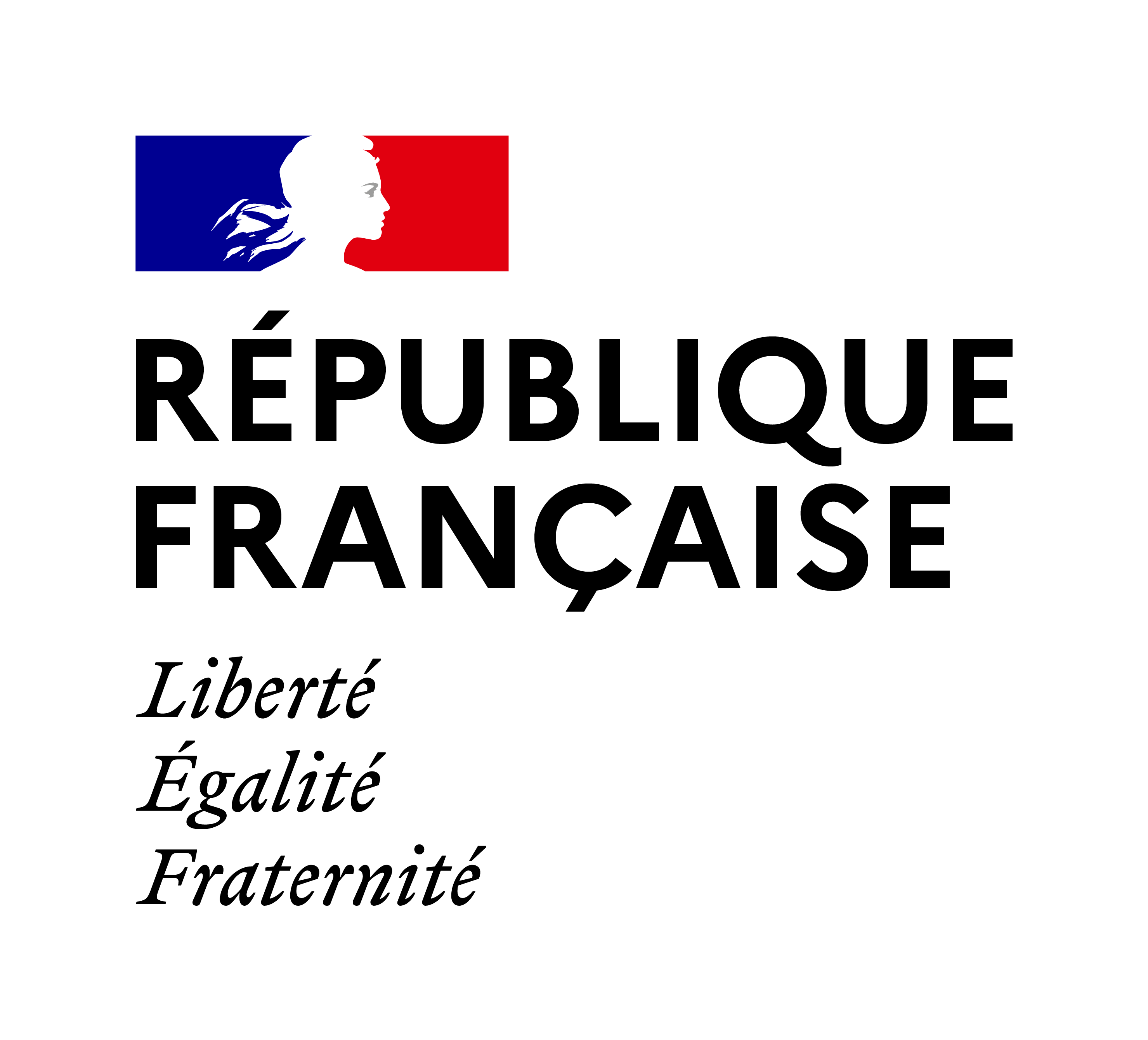Toutes les actualités
Retrouvez ici toutes les nouveautés scientifiques et techniques de l'OFB.
Recherche
Faune sauvage 2012 - n°294 / 295 / 296 / 297 | Revue | Faune sauvage |
294 - Progression des grands ongulés en France : bilan et conséquences
295 - La situation du petit gibier sédentaire de plaine en France
296 - L'ouette d'Égypte : une espèce exotique en plein essor en France
207 - La situation du Castor en France
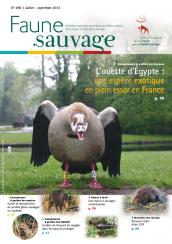
Evaluer les services écologiques des milieux aquatiques : enjeux scientifiques, politiques et opérationnels | Comprendre pour agir |
Les services écologiques produits par les milieux aquatiques font l’objet d’un intérêt croissant de la part des acteurs concernés par la qualité et la gestion durable de ces milieux. Cet ouvrage présente les enjeux de l'évaluation de ces services, les concepts et méthodes à utiliser, et des propositions concrètes pour les mettre en œuvre.
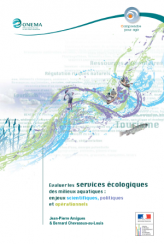
Eléments de connaissance pour la gestion du transport solide en rivière | Comprendre pour agir |
Cet ouvrage est à la fois une synthèse de l'état de la connaissance concernant le transport solide en rivière et un guide pour aider à en améliorer la gestion.
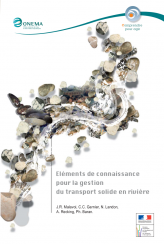
État des eaux et directive cadre sur l’eau : le point sur les méthodes d’évaluation - n°13 | Rencontres |
Dans la perspective du 2e cycle de gestion de la directive cadre sur l'eau (DCE), l'année 2011 a constitué une échéance-clé pour le développement et la mise en conformité des méthodes d'évaluation de l'état des eaux. Au programme de ces rencontres : un zoom sur la bioindication, le point sur l'état d'avancement et les perspectives d'évolution des méthodes d'évaluation de l'état des eaux en France, ainsi que sur les outils du système d'évaluation de l'état des eaux (SEEE).
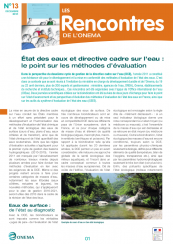
Assessing the ecological services of aquatic environments. Scientific, political and operational issues | Comprendre pour agir |
In a context of climate change and biodiversity loss, the notion of ecological services has rapidly gained ground in political debates. The goal of good ecological status, set by the European water framework directive in 2000, has led to major efforts to preserve and restore aquatic environments. The ecological services provided by aquatic environments are now a topic of growing interest to water managers and, more generally, to all stakeholders in society interested in the quality and sustainable management of aquatic environments.
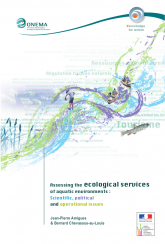
Water status and the Water framework directive. A review of assessment methods - n°13 | Rencontres |
In view of the 2nd management cycle of the Water Framework Directive, 2011 constituted a key year for developing and ensuring the compliance of water status assessment methods. 2 scientific information days focusing on bioindication were followed by 2 days of discussions in order to review the progress made, the prospects for the development of methods used for assessing water status in France, and the tools of the water status assessment system (système d’évaluation de l’état des eaux - SEEE).
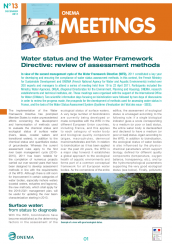
Drinking-water abstractions and nonpoint-source pollution. Operational solutions for supply zones of priority water abstractions | Rencontres-synthèse |
Protecting water abstractions from the nonpoint-source pollution released in large part by farming activities is a crucial challenge for our societies. The Large-scale farming offering high economic and environmental performance scientific group (GIS GC-HP2E) brought together a number of participants to discuss these complex issues. This document recapitulates the projects presented, the viewpoints and the scientific contributions made during the meeting.
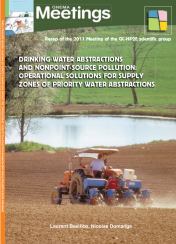
Economic instruments to support water policy in Europe: paving the way for research and future development | Rencontres-synthèse |
Positioned at the interface between science and policy, the workshop provided an opportunity for economists, practitioners, policy makers and researchers to dialogue about the design and implementation of (new) economic instruments in the field of water, as a means to identify: the main policy demands in terms of economic knowledge and expertise, key “success factors” for the effective implementation of economic instruments, pre-conditions for economic instruments to deliver behavioural changes and efficiency gains, and support financing actions for achieving sustainable water management and the ecological objectives of the WFD.
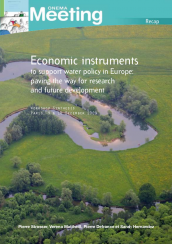
Mesocosms. Their value as tools for managing the quality of aquatic environments | Rencontres-synthèse |
This document reviews the advantages of mesocosms for ecology and ecotoxicology studies, presents the needs and expectations of water managers concerning toxic micropollutants, and finally proposes a number of ideas on the use of mesocosms in meeting the challenges involved in ensuring the quality of aquatic environments.
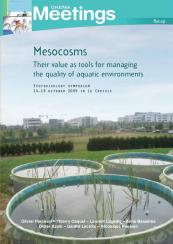
Climate change. Impacts on aquatic environments and consequences for management | Rencontres-synthèse |
What will the consequences of the climate change be on the quality and quantity of the waters in France? How will the aquatic ecosystems react to the new conditions? What do these new stakes means for the various human stakeholders in water: managers, service operators, farmers, fishermen? The Climate change, impacts on aquatic environments and consequences for management seminar focussed on these issues. Recap.
